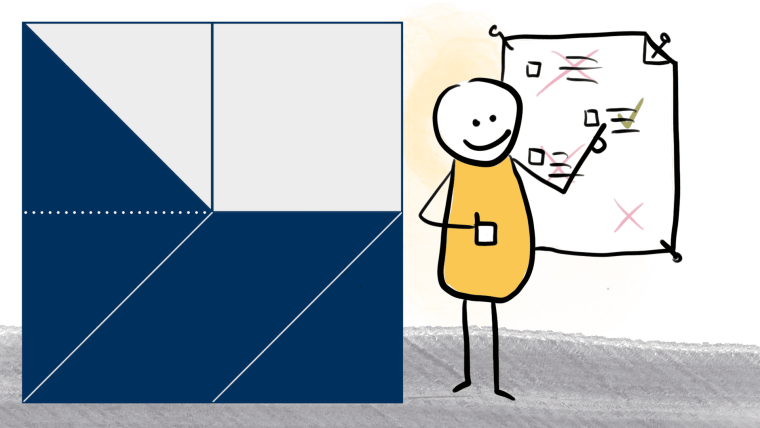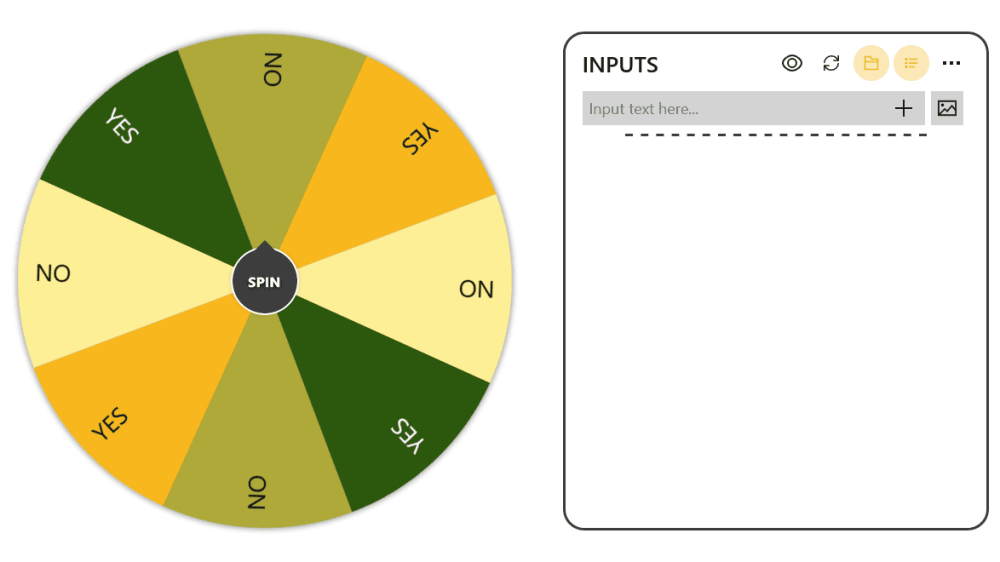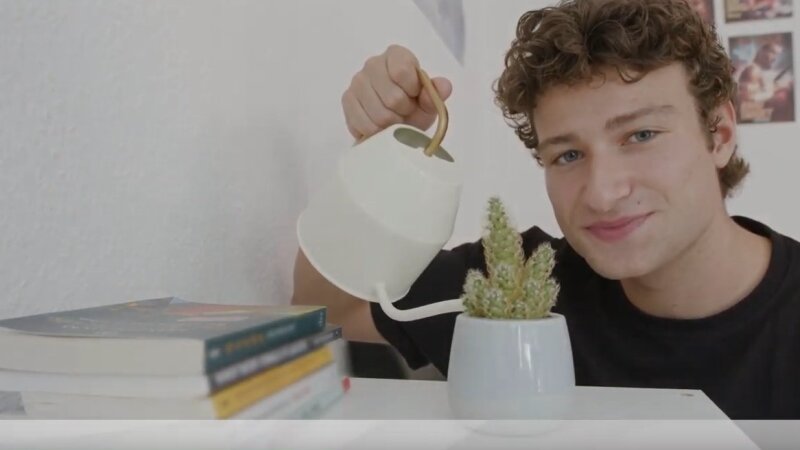
Making decisions isn’t always easy – everything has advantages and disadvantages! And as soon as you have made a decision, you start having doubts as to whether you should have done the opposite. You might feel the same way when deciding what to study. There are different types of decision and different ways of making a decision. Some require analytical and rational thinking, while others are about trusting your intuition and going with your gut feeling. If you need help making a decision, you can contact the Central Student Advisory Service and make an appointment.
Process of elimination
What do I definitely not want to study? This question is sometimes easier to answer. If you are sure that you want to study at the University of Jena, you can take a closer look at the range of degree programmes de we offer and cross out any that are really not an option for you. Then see which subjects are left. Of course, you can also write down any options that really interest you.
Careful: This process of elimination will not open your eyes to any hidden interests. It is more about looking for the lesser evil.
Study brochure
Image: Christoph Worsch (University of Jena)Tip: Grab your pens! Look through our Study Brochurepdf, 3 mb · de and highlight all the subjects you find interesting. This will give you a good overview. At the same time, cross out the subjects that are completely out of the question for you. Every decision you make will take you one step closer to choosing a degree programme.
List of pros and cons
You can write down the advantages and disadvantages of a decision, such as choosing a certain degree programme, on a piece of paper. This will give you a good overview and help to systematically organize your thoughts. You will also be able to clarify and ‘defuse’ some of the negative points by asking targeted questions.
Careful: The side with the most arguments will not necessarily win every time, because your list will not show how important each point is.
Roll the dice / wheel of fortune
If you are really struggling to make a decision (perhaps because two options seem equally appealing), then you could just ‘roll the dice’. This doesn’t mean leaving it to chance, but rather listening to your gut and making a spontaneous decision.
[https://pickerwheel.com/]?

Pairwise comparison
If lots of options have to be put into an order of preference to determine a ‘winner’, it might be worth doing a pairwise comparison. If you are not familiar with this method, you can see how it works hereExternal link.
Who can answer my questions at the University?
placeholder image — Screenshot
Screenshot: Sophie Bartholome
University Main Building / SSZ
Fürstengraben 1
07743 Jena
Google Maps site planExternal link
Office hours:
The Central Student Advisory Service will be closed from 22 December 2025 to 2 January 2026. We will be happy to assist you again from 5 January 2026!
We offer consultations in person, by telephone, and via Zoom. You can make an appointment by calling us on +49 3641 9-411111 (Mondays to Fridays from 9:00 to 11:00) or outside these office hours on +49 3641 9-411200. You can also use our remote help desk.
Consultation hours:
Mondays, Tuesdays, Thursdays and Fridays (9:00 to 12:20), Tuesdays (14:00 to 18:00), and Wednesdays and Thursdays (14:00 to 16:00).
Video chat: To the video chat – Zoom Videochat ZeitenMondays to Fridays (12:30 to 13:00) Password ZSB2020 Data protection informationpdf, 101 kb

